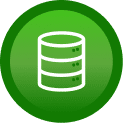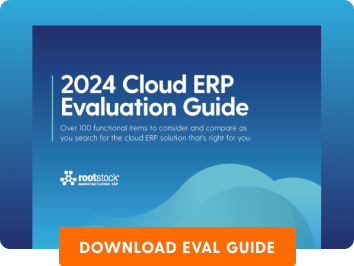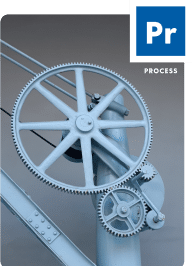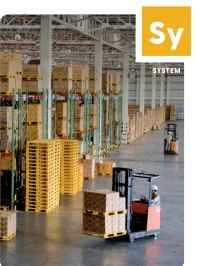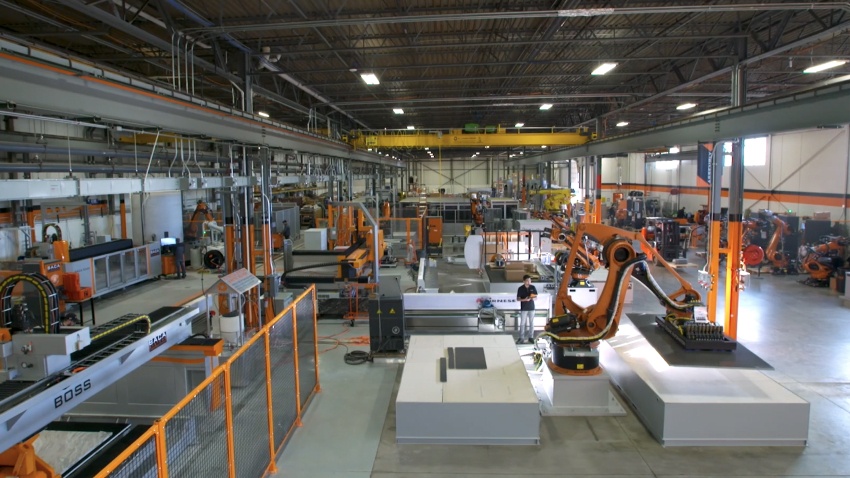Process Manufacturing ERP
Process manufacturing combines ingredients into a continuous flow of solutions, compounds, or finished products. It’s a method highly dependent upon the recipe: ingredient composition, measurements, mixing times, quality metrics, temperatures, and more. Process manufacturing-specific ERP improves the management of process manufacturing with modern tools to procure and track raw materials, ensure in-tolerance processing, guarantee accurate measurements of volume and formulas, plan equipment and human worker utilization, manage inventories, and enable efficient packaging and shipping.




